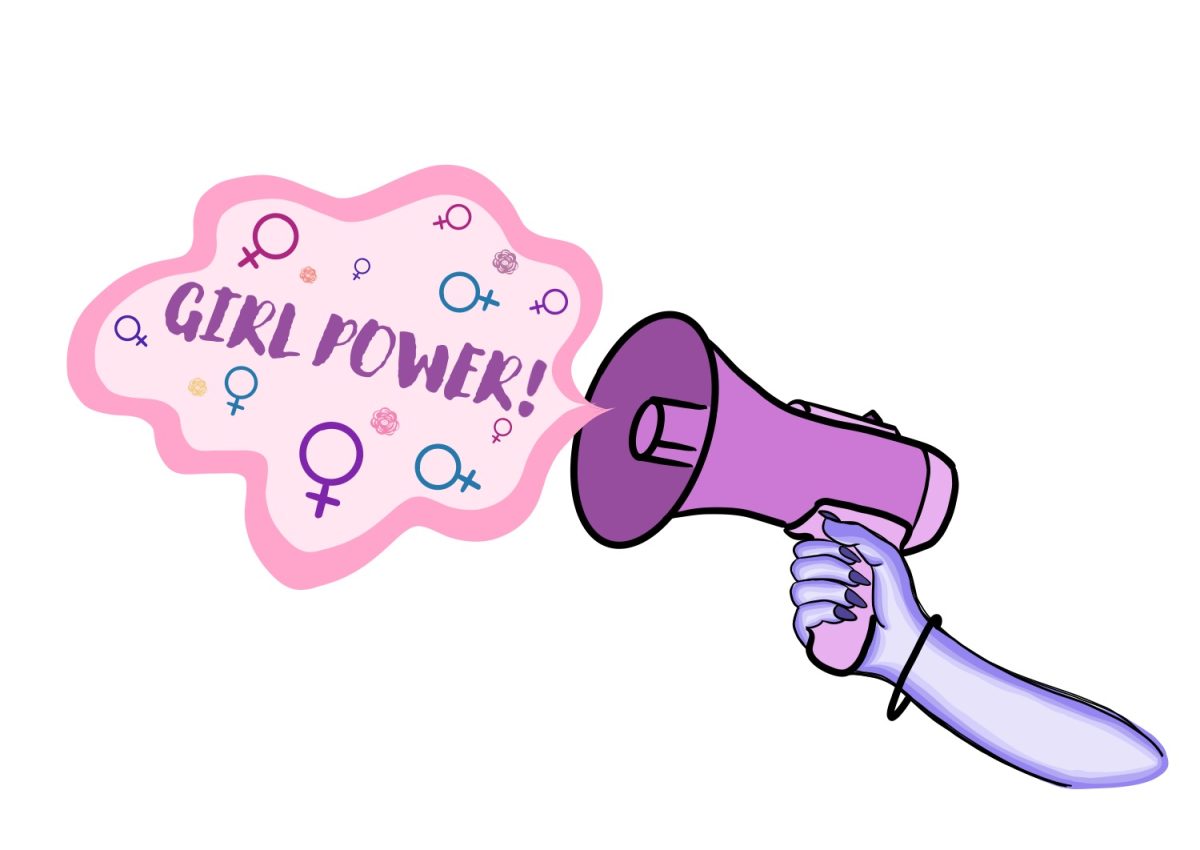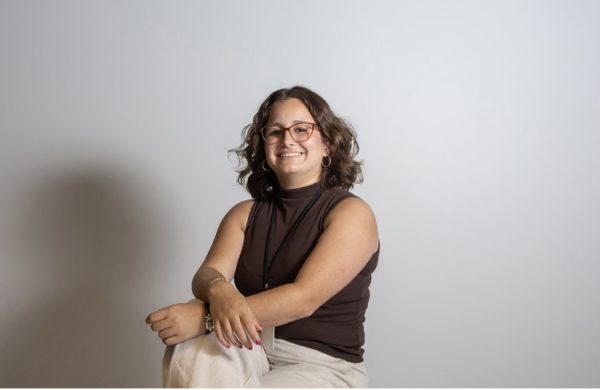San Diego State University holds a place in history for establishing the first women’s studies department in the nation.
During the social justice movements of the ‘70s, these courses were sought after by students. Instead of waiting for approval from the administration, female faculty members were recruited to teach as unpaid volunteers.
Initially, these courses weren’t even recognized on official class schedules — they had to be promoted in the pages of The Daily Aztec behind the backs of university administrators. If that’s not as underground as it gets, I don’t know what is.
Women’s studies used to be fought for with pride, and now these courses are widely overlooked. As time has progressed, views toward women’s studies have regressed.
Students need to take advantage of these classes that can set them up in their career fields.
One of the biggest questions when considering a women’s studies class is how it can be utilized. As an interdisciplinary field, a typical class guides you through history, sociology, psychology and politics through the lens of gender, race, class, sexuality and ability.
No one is exempt from the position society has constructed for them, and it’s important to understand how this creates complex relationships with others. While this directly deals with your personal life, it also has a place in your field of study.
Having an understanding of this subject matter evolves analytical thinking and empathy in a way that is necessary for leadership roles. Imagine how impactful it would be to see more professionals in healthcare, government and environmental science consider how their focuses affect women’s issues.
An example of this urgent need is that in 2023, although 70% of the healthcare workforce around the world is made up of women, only 25% hold senior leadership roles. Another study analyzing health data for 7 million citizens found that over 21 years, women were diagnosed later than men for more than 700 diseases.
Women are in desperate need of advocates for the inequities they face.
We will only have someone at the table advocating for these issues when they take it upon themselves to be educated on these topics.
Despite the value these courses offer, people hesitate to take women’s studies classes. And it’s no secret why. It starts with the “F-word” — feminism. Feminism has been stigmatized to make it seem that being a “man hater” is its only mission.
Feminism’s literal definition should be a win-win for all: the equal treatment of all genders. But real-life and online discourse on the topic shuts down anyone who dares defend it. Since women’s studies is founded on feminist ideals, it gets targeted.
In a 2021 study to assess the attitudes and conversations during the #MeToo movement, two documentary comment sections were analyzed. Fifty-eight percent of the comments had anti-woman or misogynistic content.
This experience isn’t isolated. These same attitudes range from small, daily comments to explicit bigotry.
The only way to change these attitudes is by having people invest time into learning from these courses that give women a chance to tell their stories.
Women’s studies also provides a change of pace from higher education that has traditionally privileged those who are in power and their narratives.
In my Global Cultures and Women’s Lives class, I was surprised to learn that Iroquois women inspired early United States women activists.
Learning that iconic feminists such as Elizabeth Cady Stanton knew and lived alongside Iroquois women made perfect sense but opened my eyes to how deep the erasure of their history ran.
This erasure risks moving toward our present. We need to be advocates with pride once again. And that starts with looking for her stories and embracing women’s studies.











